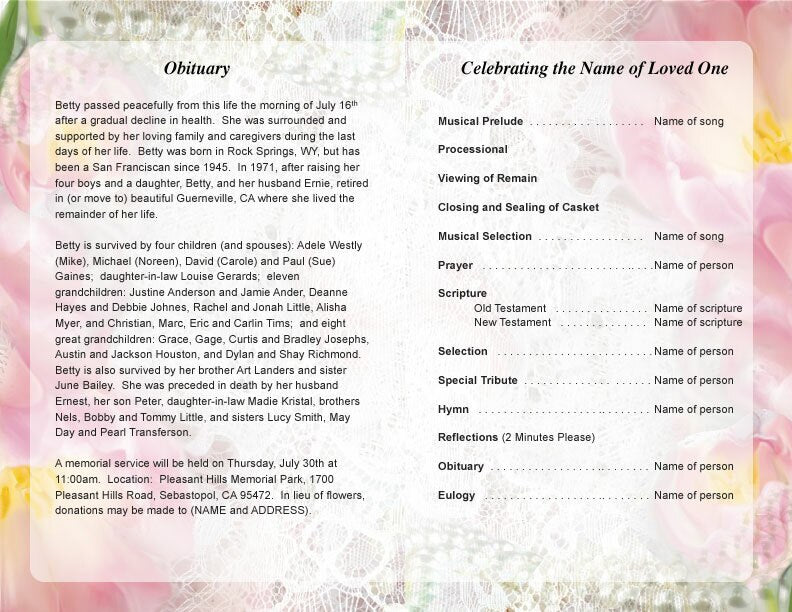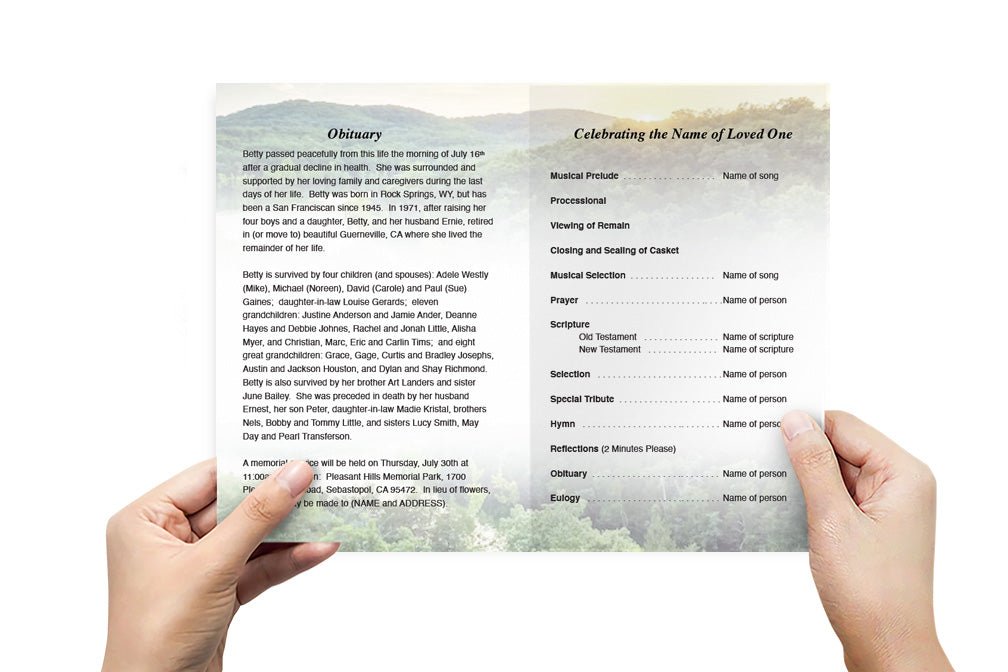What Are The 6 Items Outlined by the Funeral Rule?

1. Right to Receive a General Price List
Funeral homes are required to provide a General Price List (GPL) to anyone who asks for it, in person or by phone. This price list must outline the costs of all services and products offered by the funeral home, including basic services, embalming, caskets, cremation services, and other add-ons. The GPL ensures transparency, allowing consumers to compare prices and make informed decisions without hidden fees or unexpected costs.
2. Right to Choose Only the Goods and Services You Want
Consumers are not obligated to purchase a package of services from a funeral home. The Funeral Rule guarantees that you have the right to select only the specific goods and services you need, rather than being forced to pay for unwanted extras. This provision helps ensure that families can arrange affordable funerals without unnecessary expenses.
3. No Requirement for Embalming
Embalming is not required by law in most circumstances, and funeral homes must inform consumers that it is not mandatory. The Funeral Rule allows consumers to choose alternative arrangements, such as refrigeration or direct cremation, without incurring embalming costs. Funeral homes are required to disclose any state or local laws that may necessitate embalming in specific situations.
4. Right to Use a Casket or Urn Purchased Elsewhere
The Funeral Rule ensures that consumers have the right to purchase a casket or urn from a third-party vendor and use it during the funeral service without being charged additional fees. Funeral homes cannot refuse or charge extra for using outside products, giving families the flexibility to shop around for the best prices or select items that align with their personal preferences and budgets.
5. Availability of Itemized Statements
Funeral homes are required to provide an itemized statement of the services and goods selected, along with their individual prices, before the funeral service is conducted. This itemized breakdown helps families understand exactly what they are paying for, preventing unexpected fees and ensuring financial transparency. Consumers can review this statement and make changes if necessary before committing to any charges.
6. No Requirement for a Casket for Direct Cremation
For those who choose cremation, the Funeral Rule ensures that consumers do not need to purchase a casket. Funeral homes must offer alternative containers, such as a simple cardboard or wood container, that meet the requirements for cremation. This provision helps lower the overall cost of cremation services, providing families with more affordable options.
What Are The 6 Items Outlined by the Funeral Rule Conclusion
The Funeral Rule is a vital regulation that provides essential protections for consumers during the emotionally challenging process of arranging a funeral. By outlining these six key items—requiring transparency in pricing, ensuring the right to choose specific services, and allowing the use of outside products—the Funeral Rule helps families make informed, financially responsible decisions without pressure or hidden fees. Familiarizing yourself with these rights can help you navigate the funeral planning process with confidence and peace of mind.
© The Funeral Program Site - Funeral Program Templates and Cancer Ribbons





























